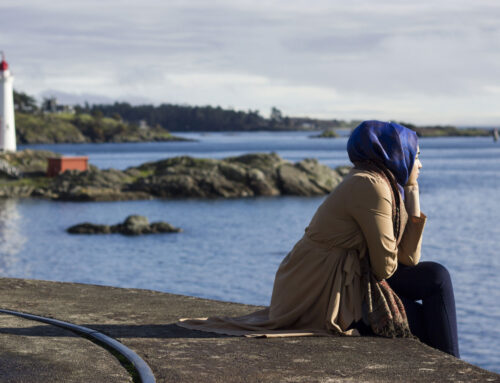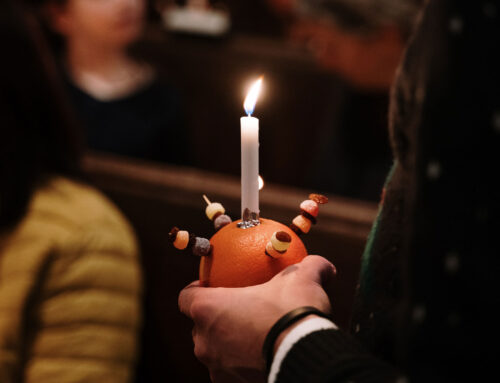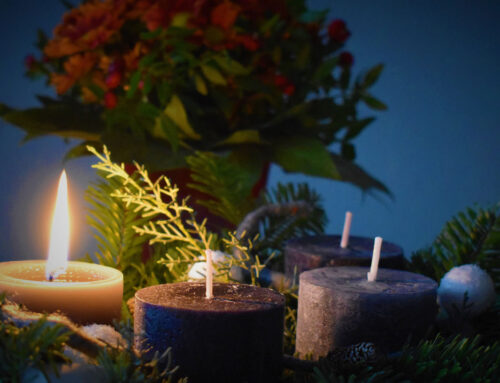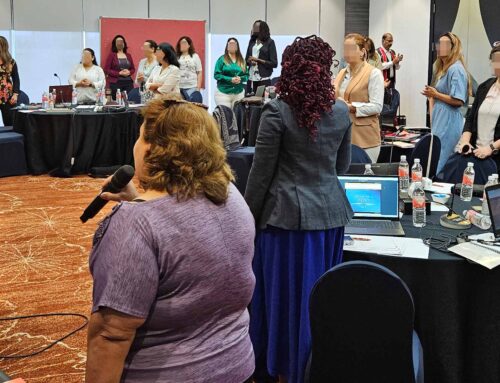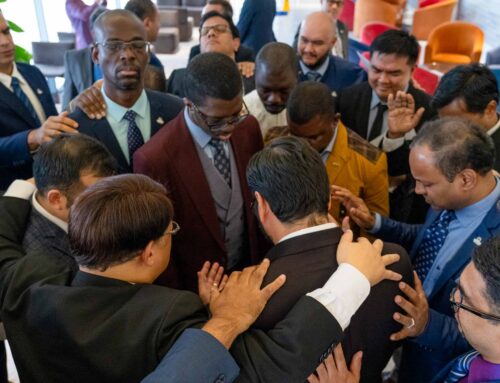A Thread of Hope
Maira* watches as the women from the village file into the small, unfurnished room to sit on the floor behind their sewing machines. They separate themselves into two groups because the Muslim women do not want to be associated with Christian women. Not only do they not want to sit with them, but they also don’t want to drink from the same water cooler or eat a meal together when they break for lunch.
In Pakistan, Christians are viewed as low-class citizens and are often the targets of discrimination and persecution as they are pushed to the margins in this predominantly Muslim culture. Making up only 1.27% of the total population, Christians are the second largest religious minority after Hindus. Before the partition of India in 1947, what is now Pakistan was more diverse, but as society has become more homogenous, tolerance has declined.
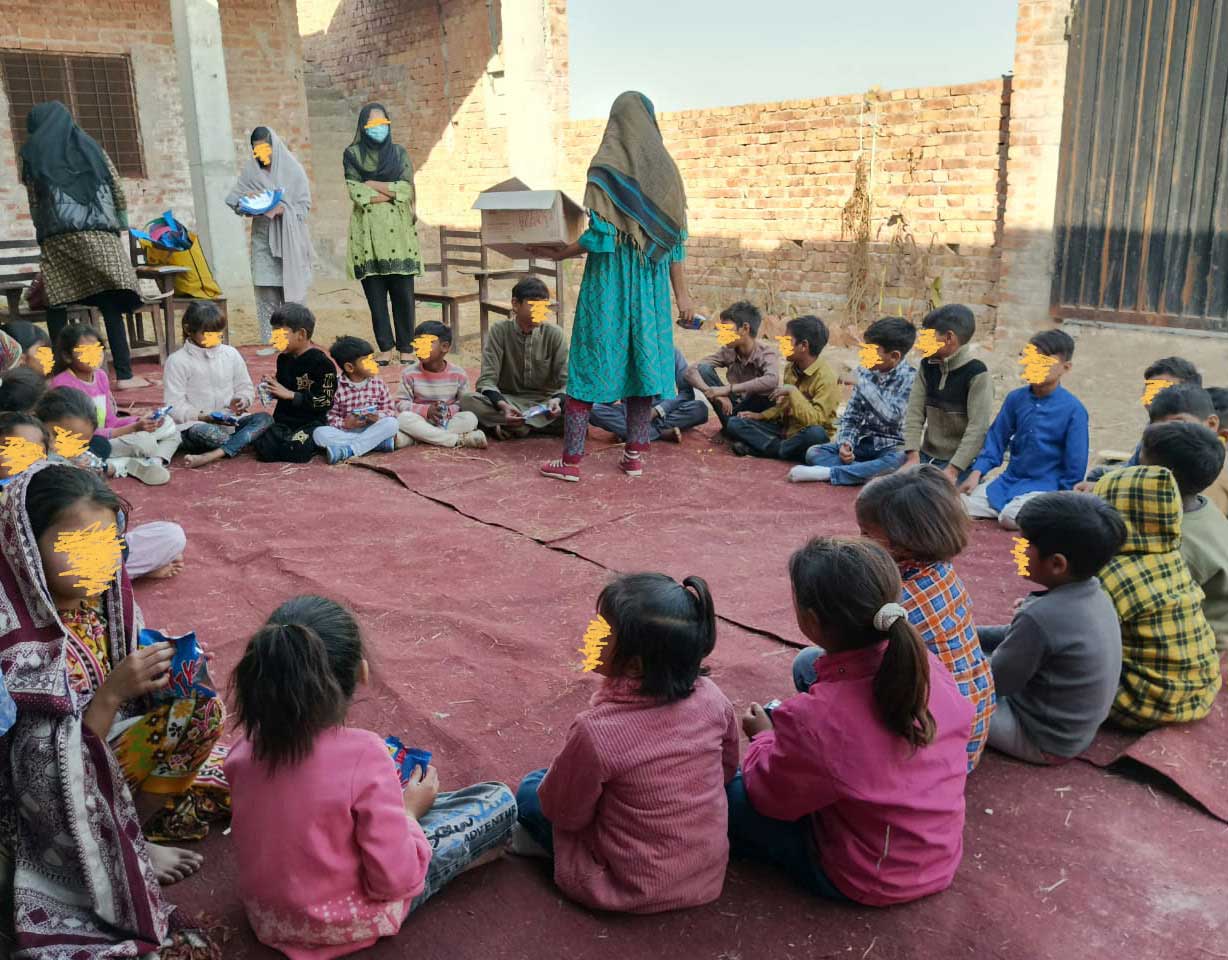
Maira knows this because she herself takes a great risk each morning as she opens the doors of the school building with the adjacent sewing center where women from the villages and slum areas in her province bring their children to learn. She knows that Christian women, and girls in particular, are vulnerable to kidnappings and forced marriages resulting in forced conversions to Islam. Christian men are subject to false accusations under Pakistan’s blasphemy laws where they can be imprisoned or even face the death penalty for any perceived insults to the dominant religion. For these reasons and more, Maira navigates a world where it is unsafe to worship Jesus freely.
As the women busy themselves with stitching garments, the sound of children singing drifts in through the door and interrupts Maira’s brooding thoughts. It’s a song they sing every morning as school begins and she remembers the day she heard one of the Muslim teachers humming the tune in the office. When Maira asked her if she knew it was a Christian song, the teacher replied: “I don’t know why, but that song touches my heart.” Soon, that same teacher would ask Maira if she could read the Bible: a thread of hope.
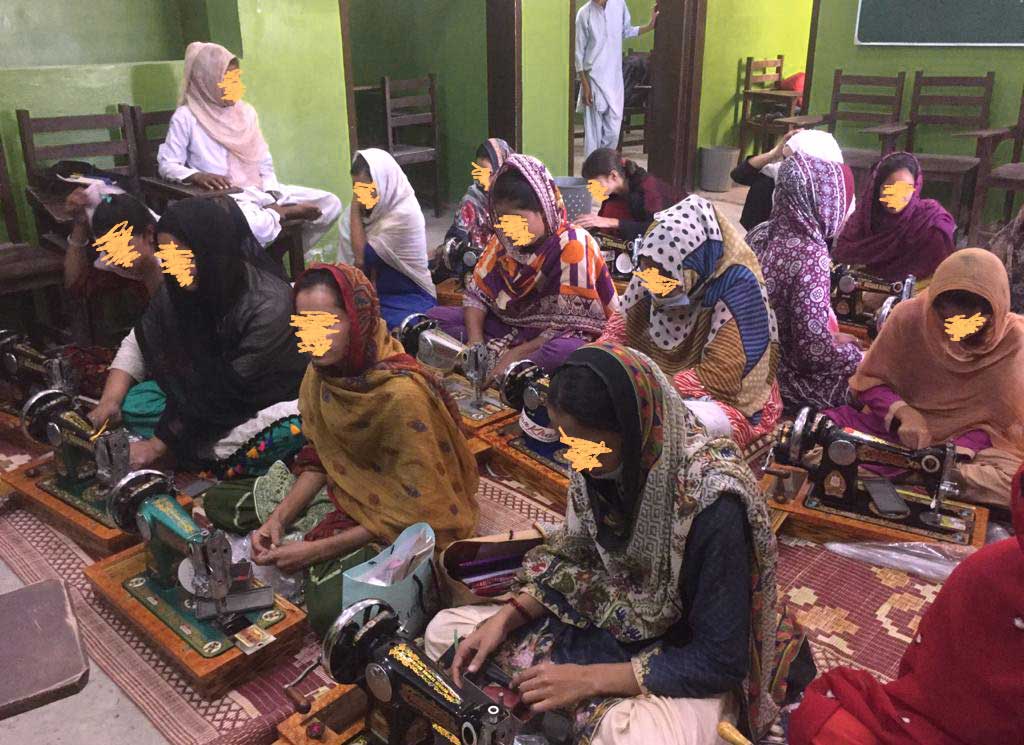
Comforted by this memory, Maira recalls 1 Peter 4:14, “If you are insulted because of the name of Christ, you are blessed, for the Spirit of glory and of God rests on you.” She draws courage from this verse and feels emboldened to ask the women in the sewing room to work together despite their religious differences. What she doesn’t know is that a year from now she will look back on this moment and see how God has moved in the hearts of these Muslim and Christian women, stitching them together and showing them His love through the servant-hearted leadership of Maira and her husband. It is God’s spirit resting on them that gives her the vision to reach not just five, but 50 of the villages in her country, fueled by your continued prayer and support.
Written by Carolyn Grant
A Thread of Hope
Maira* watches as the women from the village file into the small, unfurnished room to sit on the floor behind their sewing machines. They separate themselves into two groups because the Muslim women do not want to be associated with Christian women. Not only do they not want to sit with them, but they also don’t want to drink from the same water cooler or eat a meal together when they break for lunch.
In Pakistan, Christians are viewed as low-class citizens and are often the targets of discrimination and persecution as they are pushed to the margins in this predominantly Muslim culture. Making up only 1.27% of the total population, Christians are the second largest religious minority after Hindus. Before the partition of India in 1947, what is now Pakistan was more diverse, but as society has become more homogenous, tolerance has declined.

Maira knows this because she herself takes a great risk each morning as she opens the doors of the school building with the adjacent sewing center where women from the villages and slum areas in her province bring their children to learn. She knows that Christian women, and girls in particular, are vulnerable to kidnappings and forced marriages resulting in forced conversions to Islam. Christian men are subject to false accusations under Pakistan’s blasphemy laws where they can be imprisoned or even face the death penalty for any perceived insults to the dominant religion. For these reasons and more, Maira navigates a world where it is unsafe to worship Jesus freely.
As the women busy themselves with stitching garments, the sound of children singing drifts in through the door and interrupts Maira’s brooding thoughts. It’s a song they sing every morning as school begins and she remembers the day she heard one of the Muslim teachers humming the tune in the office. When Maira asked her if she knew it was a Christian song, the teacher replied: “I don’t know why, but that song touches my heart.” Soon, that same teacher would ask Maira if she could read the Bible: a thread of hope.

Comforted by this memory, Maira recalls 1 Peter 4:14, “If you are insulted because of the name of Christ, you are blessed, for the Spirit of glory and of God rests on you.” She draws courage from this verse and feels emboldened to ask the women in the sewing room to work together despite their religious differences. What she doesn’t know is that a year from now she will look back on this moment and see how God has moved in the hearts of these Muslim and Christian women, stitching them together and showing them His love through the servant-hearted leadership of Maira and her husband. It is God’s spirit resting on them that gives her the vision to reach not just five, but 50 of the villages in her country, fueled by your continued prayer and support.
Written by Carolyn Grant
A Thread of Hope
Maira* watches as the women from the village file into the small, unfurnished room to sit on the floor behind their sewing machines. They separate themselves into two groups because the Muslim women do not want to be associated with Christian women. Not only do they not want to sit with them, but they also don’t want to drink from the same water cooler or eat a meal together when they break for lunch.
In Pakistan, Christians are viewed as low-class citizens and are often the targets of discrimination and persecution as they are pushed to the margins in this predominantly Muslim culture. Making up only 1.27% of the total population, Christians are the second largest religious minority after Hindus. Before the partition of India in 1947, what is now Pakistan was more diverse, but as society has become more homogenous, tolerance has declined.

Maira knows this because she herself takes a great risk each morning as she opens the doors of the school building with the adjacent sewing center where women from the villages and slum areas in her province bring their children to learn. She knows that Christian women, and girls in particular, are vulnerable to kidnappings and forced marriages resulting in forced conversions to Islam. Christian men are subject to false accusations under Pakistan’s blasphemy laws where they can be imprisoned or even face the death penalty for any perceived insults to the dominant religion. For these reasons and more, Maira navigates a world where it is unsafe to worship Jesus freely.
As the women busy themselves with stitching garments, the sound of children singing drifts in through the door and interrupts Maira’s brooding thoughts. It’s a song they sing every morning as school begins and she remembers the day she heard one of the Muslim teachers humming the tune in the office. When Maira asked her if she knew it was a Christian song, the teacher replied: “I don’t know why, but that song touches my heart.” Soon, that same teacher would ask Maira if she could read the Bible: a thread of hope.

Comforted by this memory, Maira recalls 1 Peter 4:14, “If you are insulted because of the name of Christ, you are blessed, for the Spirit of glory and of God rests on you.” She draws courage from this verse and feels emboldened to ask the women in the sewing room to work together despite their religious differences. What she doesn’t know is that a year from now she will look back on this moment and see how God has moved in the hearts of these Muslim and Christian women, stitching them together and showing them His love through the servant-hearted leadership of Maira and her husband. It is God’s spirit resting on them that gives her the vision to reach not just five, but 50 of the villages in her country, fueled by your continued prayer and support.
Written by Carolyn Grant


